Sensitive content
This site contains sensitive content that includes references to sexual violence.
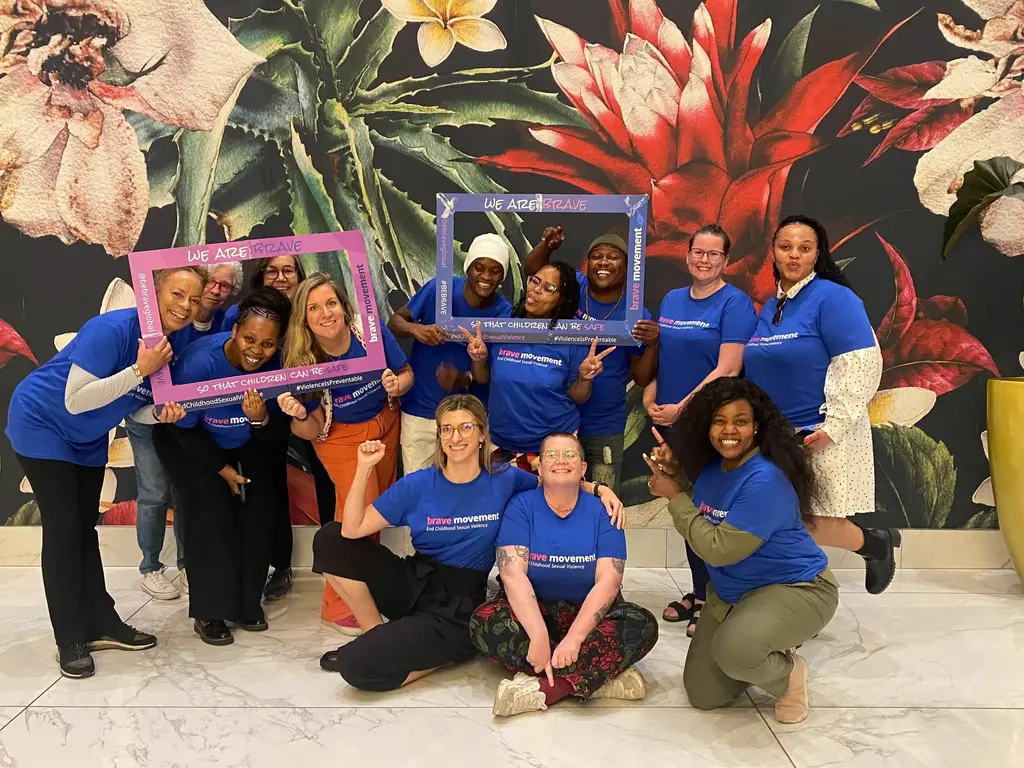
This month has been an extraordinary one for our survivor-centered advocacy and activism –a roll call of achievements, events and involvements like no other.
December 1, 2025
|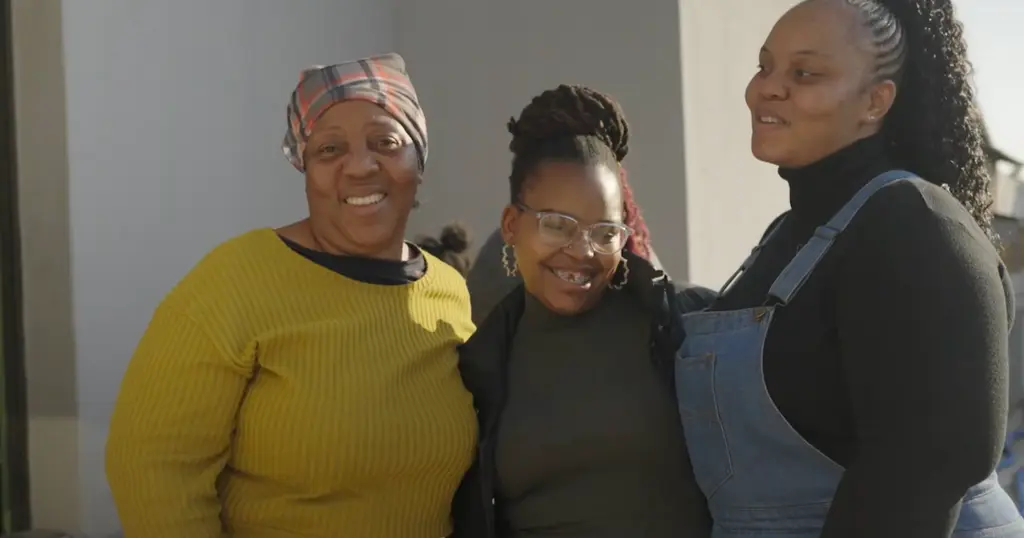
"I’m choosing to tell my story for other women to know that they’re not the only ones."
November 5, 2025
|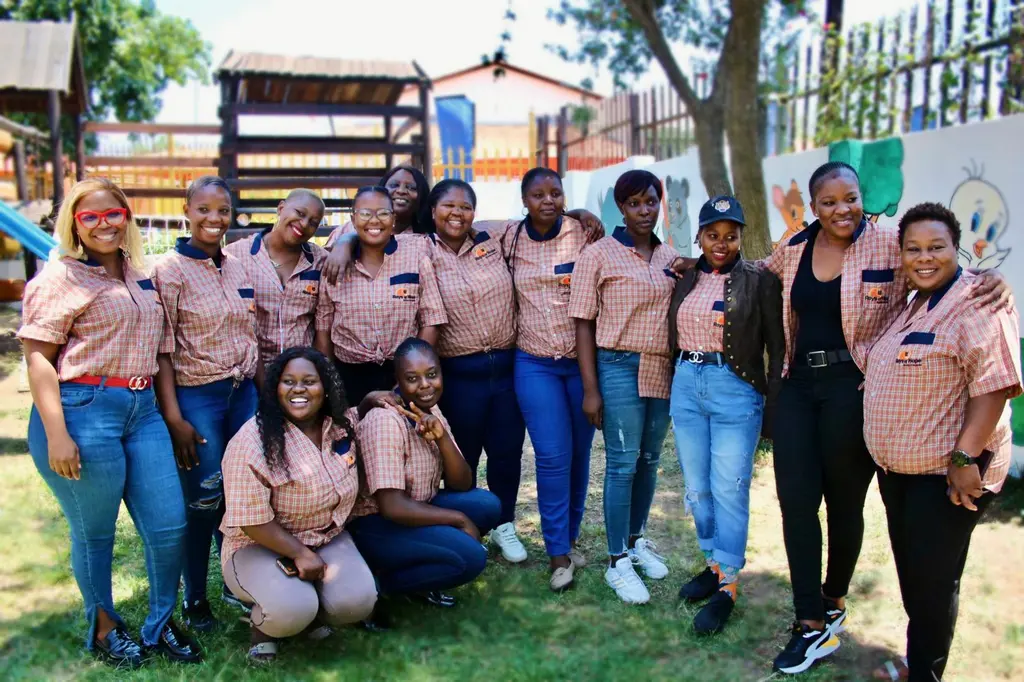
In Alexandra, Rays of Hope Community Development Foundation is creating safe school environments and building resilience against gender-based violence.
October 21, 2025
|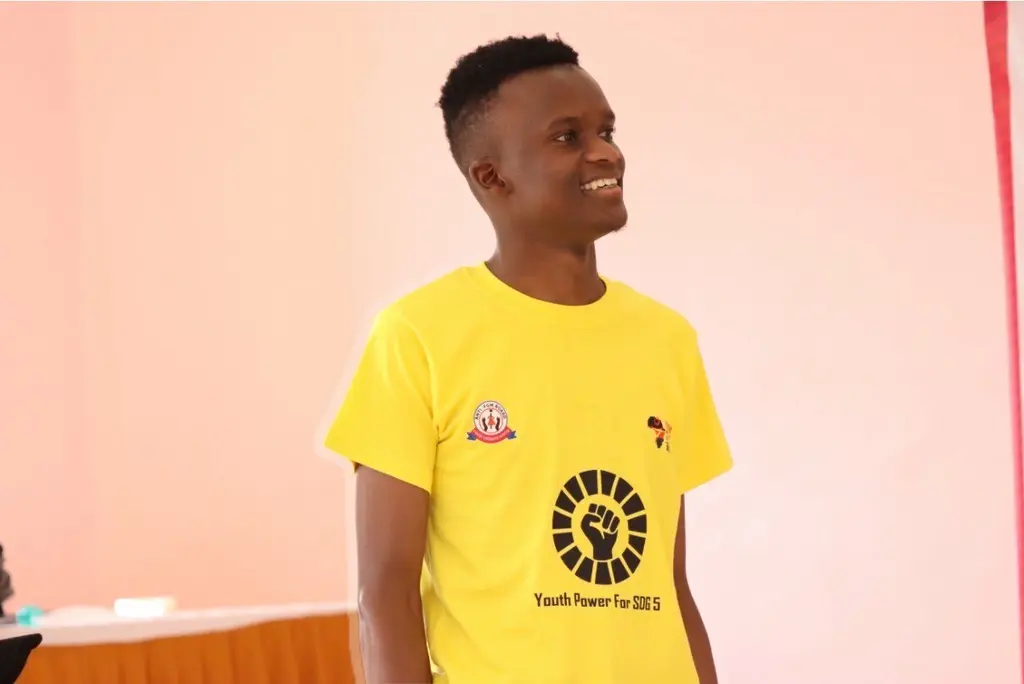
In a patriarchal system no one is truly safe if the community is at odds with the realities of young people. I chose to question and to take action.
October 12, 2025
|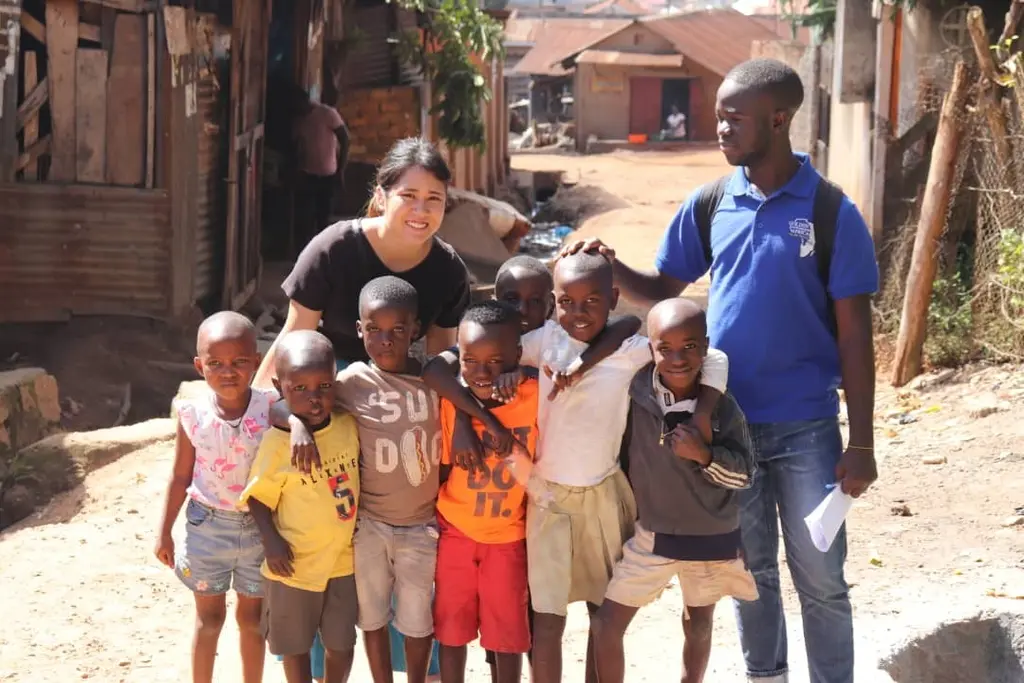
Through mentorship and life-skills training, Golden Voice Foundation challenges harmful norms and promotes social wellbeing for young men and boys.
October 9, 2025
|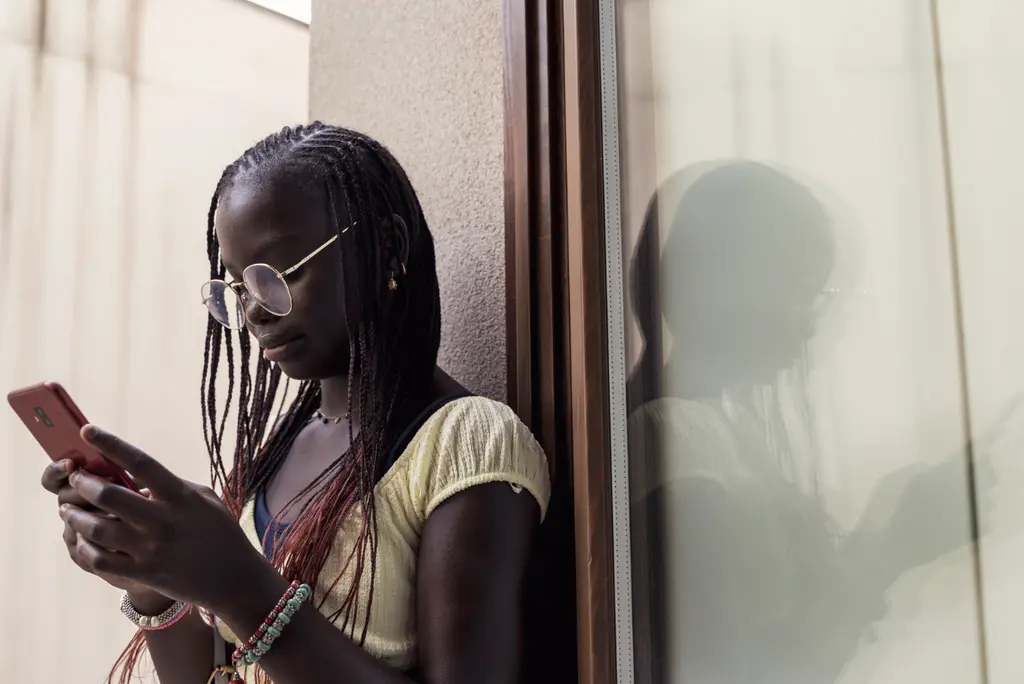
Youth should be directly involved in conversations about online safety, not just as recipients of guidance, but as active partners and change-makers.
October 8, 2025
|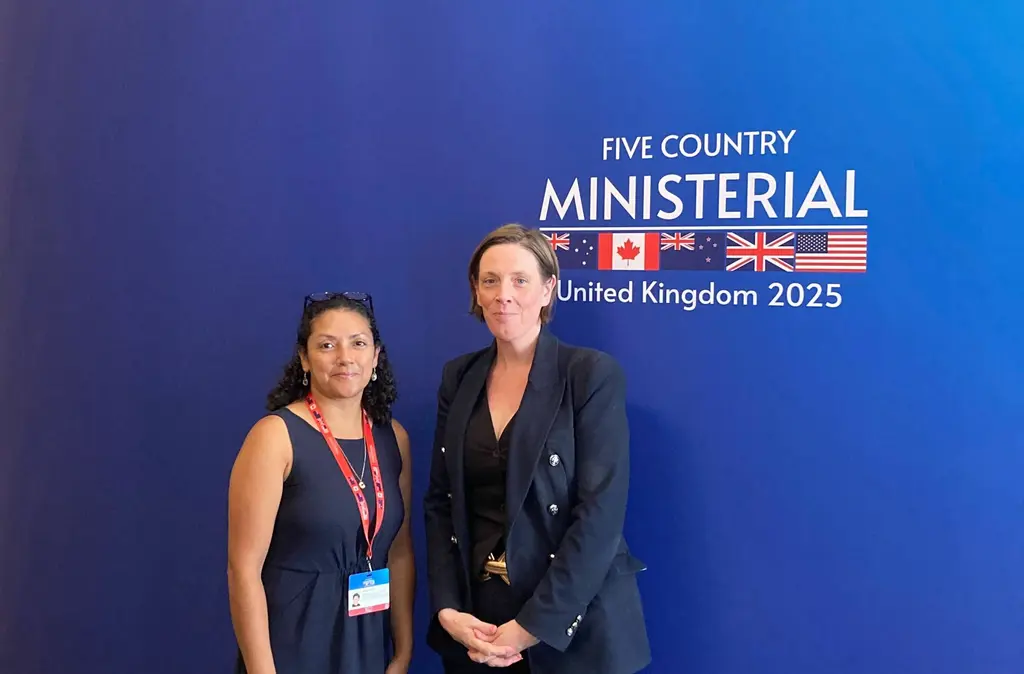
Survivors' lived experience was central to discussions on how to end childhood sexual violence at the meeting between Australia, UK, USA, New Zealand and Canada.
September 19, 2025
|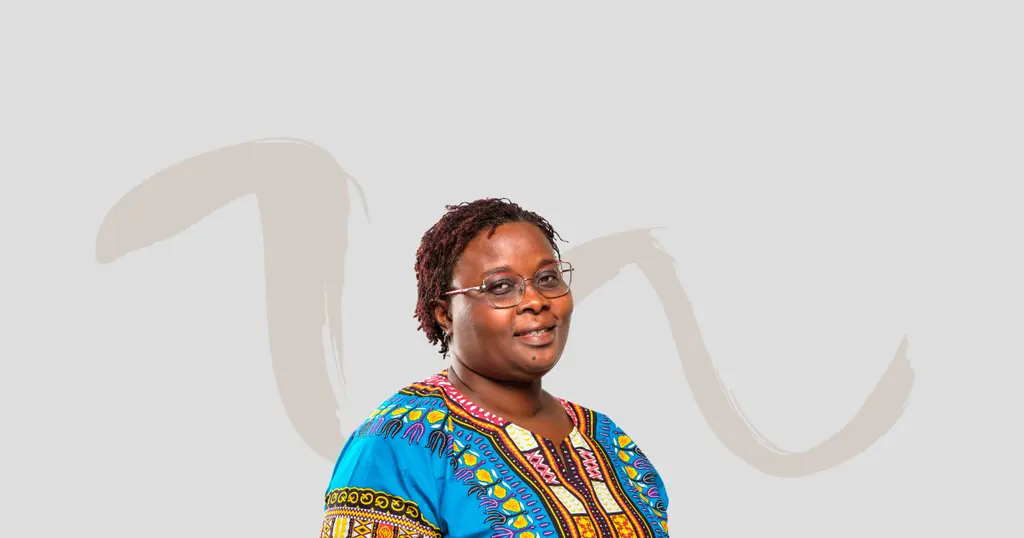
Daniela Ligiero interviews the unsung hero among Brave's founding members, who is grounded in community, purpose, and action.
September 10, 2025
|
Pope Leo XIV’s first 100 days hold promise for a turning point in Church leadership.
August 20, 2025
|